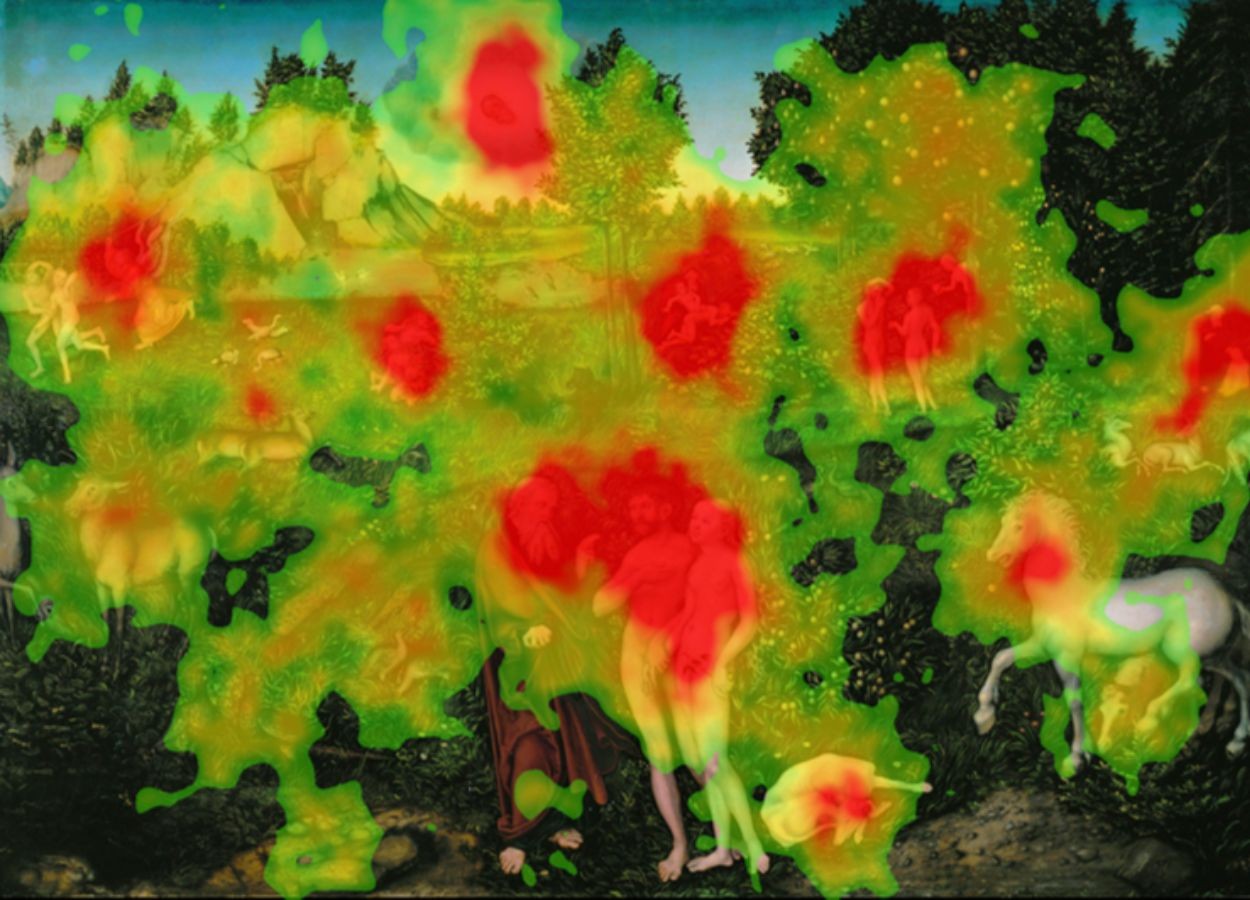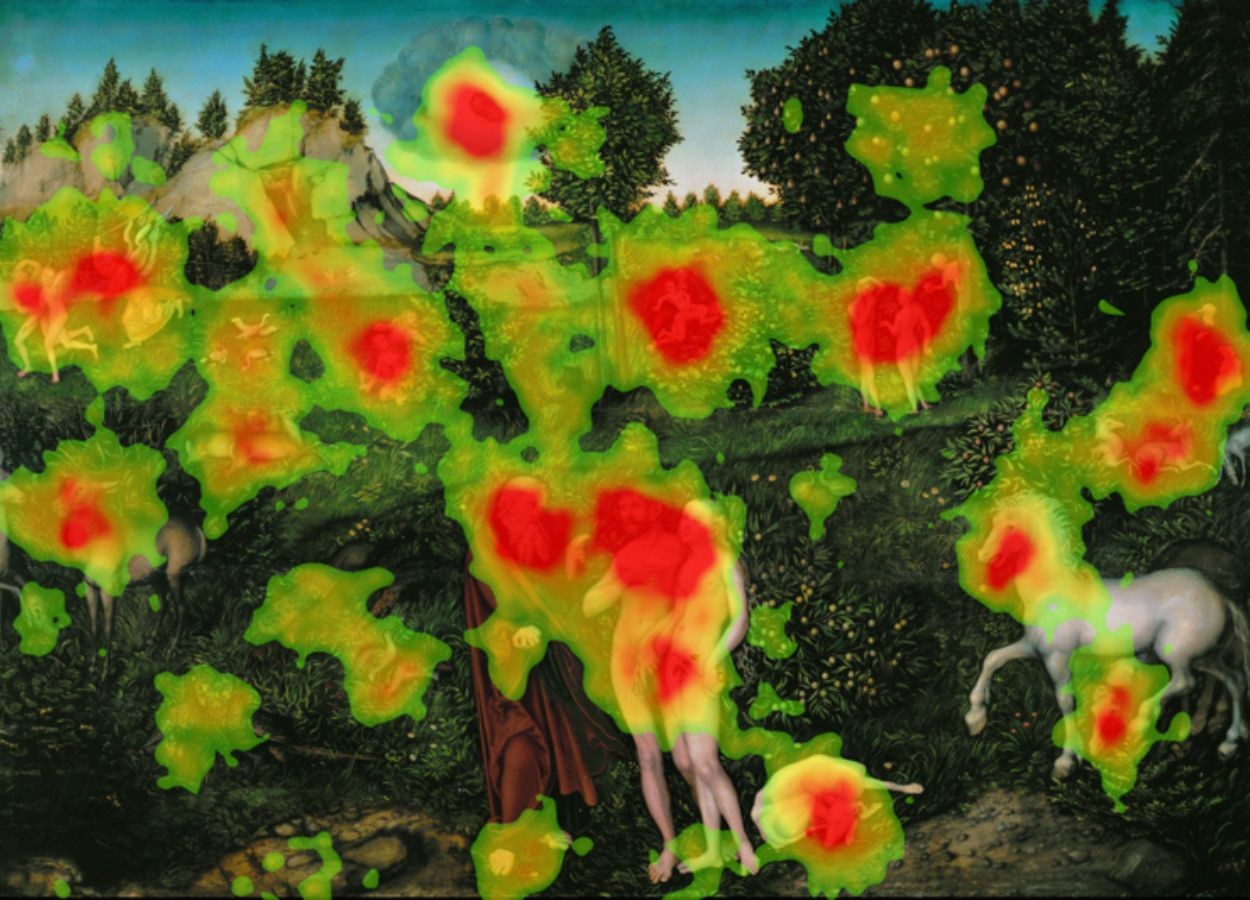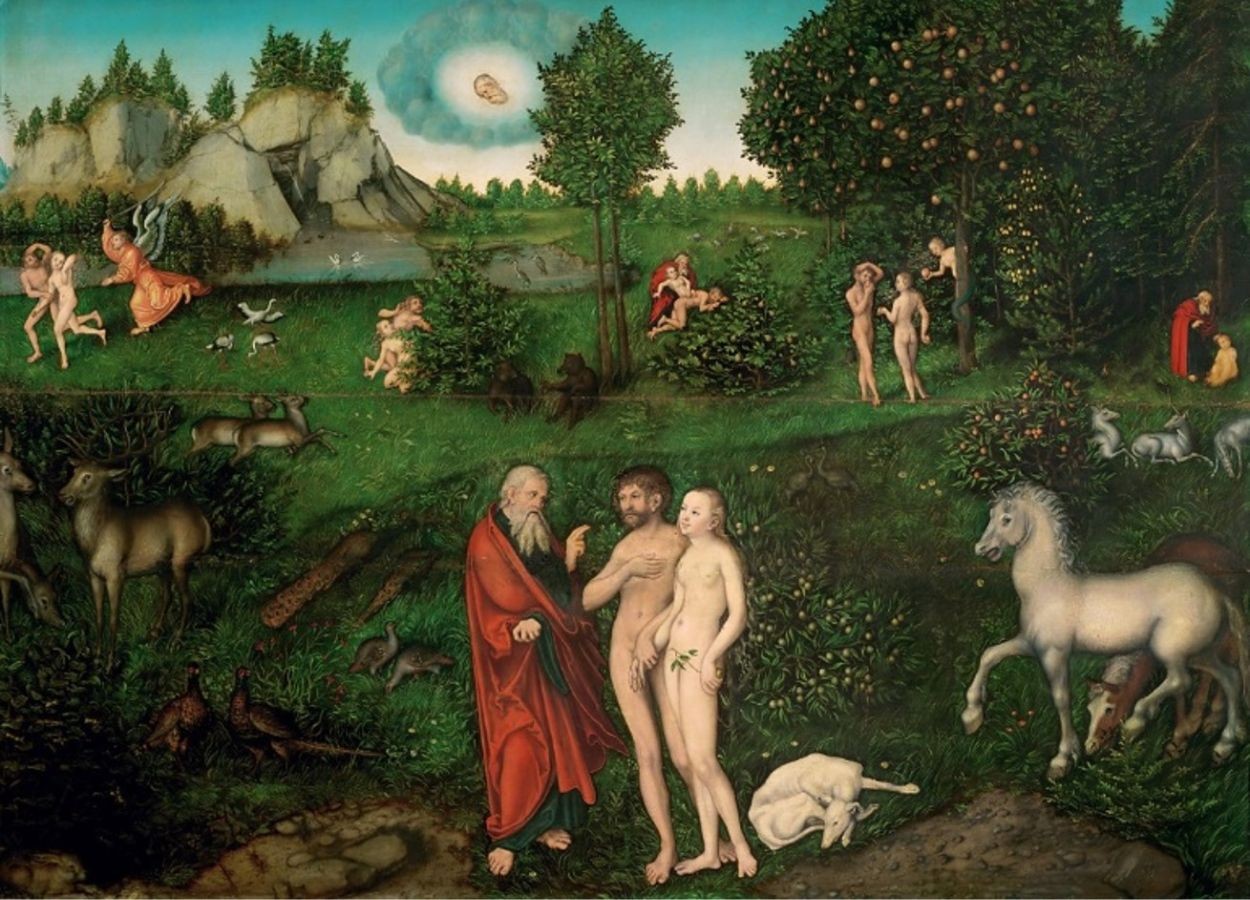Italian Academy Fellows from this year—Raphael Rosenberg, who gathers data on eye movements and art, and Wayne Wu, whose philosophical work addresses attention and attunement as elements of mind—will speak, along with Jacqueline Gottlieb, who will present her research on the neural mechanisms of attention and information gathering. David Freedberg will moderate.
- "The Questioning Brain: How the Brain Generates Questions and Resolves Them by Deploying Attention" Jacqueline Gottlieb
- "The Period Eye: Does Culture Affect Art Perception and Can We Measure It?" Raphael Rosenberg
- "Learning to be Attuned: Bias and Skill in Attention" Wayne Wu
What are the factors that shape our visual engagement with images and, more broadly, the world? Are there styles of looking and attending? Some influences are well-known: what we intend to do shapes attention as do visual features in the world, what scientists call top-down and bottom-up factors. Yet what about knowledge and expectations, those things we learn and acquire as social and cultural beings? How do culture and experience mold attention and change our sensitivity to things, attunement, and our need to acquire new information? In this event, an art historian, a philosopher and a neuroscientist draw on different perspectives to examine how we visually engage with art and the world and discuss how distinct approaches can jointly explain the historical influences on visual exploration and the underlying neural mechanisms that shape how we look.
This event is currently at capacity, but we hope to accommodate standby guests at the door.
Jacqueline Gottlieb is Professor of Neuroscience in the Mortimer B. Zuckerman Institute for Mind Brain and Behavior at Columbia University. An expert on the neural mechanisms of attention in humans and animals, Prof Gottlieb received several prestigious awards, holds leadership positions on the editorial boards of top journals and chaired the 2023 Gordon Conference on Eye Movements. She advanced a novel theory of attention as an information-gathering process, which is closely related to curiosity and is governed by the costs and benefits of acquiring new information, as well as by immediate task goals and knowledge and values acquired over longer time scales.
Raphael Rosenberg is a Professor of Art History at the University of Vienna and director of the Lab for Cognitive Research in Art History (CReA). He is a member of the Heidelberg Academy of Sciences and Humanities and of the Academia Europaea. His main research interests include sculpture of the Italian Renaissance, the history of abstraction in art before and around 1900, and the perception of art—from a historical and cognitive perspective. He is currently working on a book on eye movements and art history.
Wayne Wu teaches in philosophy and in the Neuroscience Institute at Carnegie Mellon University. He has published on agency, attention, consciousness, and perception. His recent book, Movements of the Mind (Oxford, 2023), presents a comprehensive theory of action, attention and intention, and his first book, Attention (Routledge, 2014) helped to establish attention as a central topic of research in contemporary philosophy of mind. He has also published an overview on the neuroscience of consciousness (Stanford Encyclopedia of Philosophy).
The images above (© Hanna Brinkmann, CReA, Vienna) show the differences of average fixation amount between a Japanese and an Austrian group of test persons looking at Cranach’s Paradise


